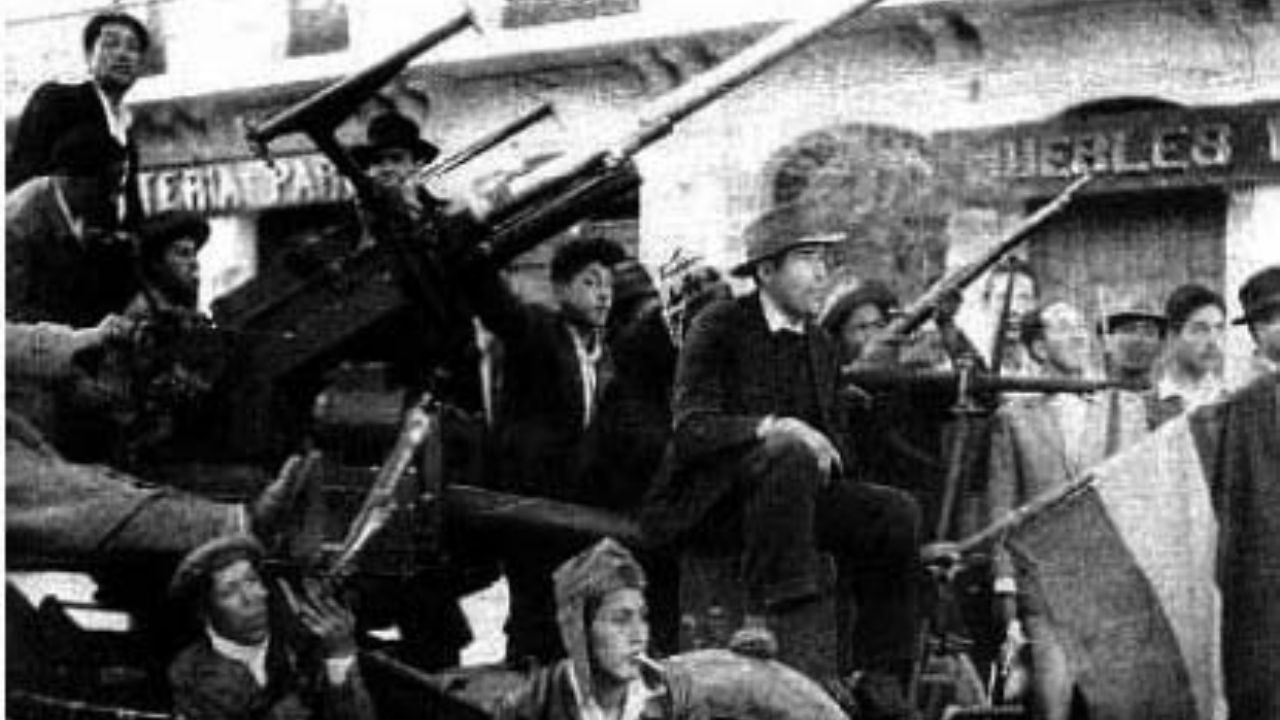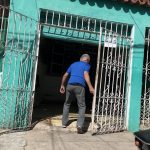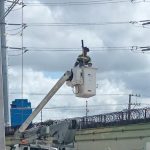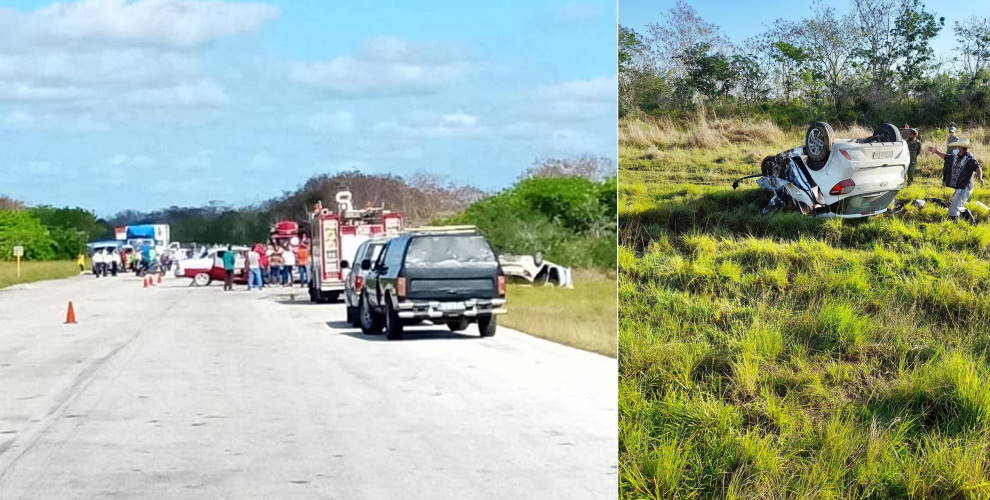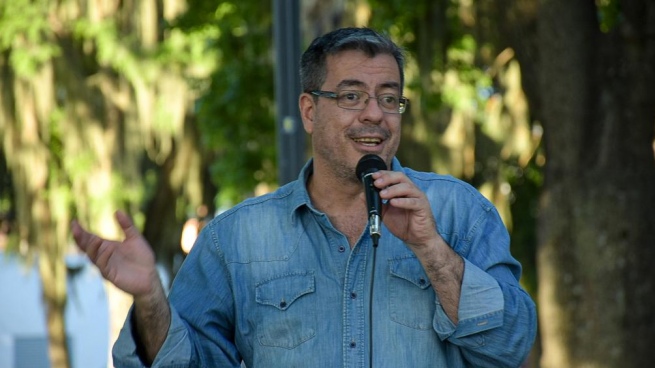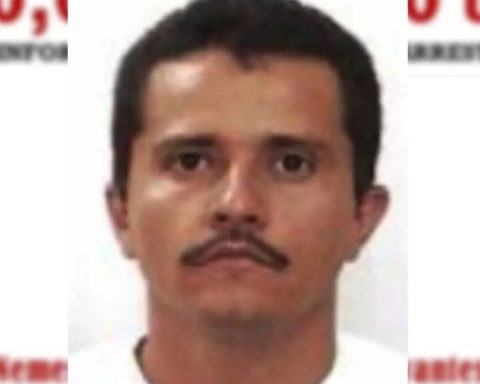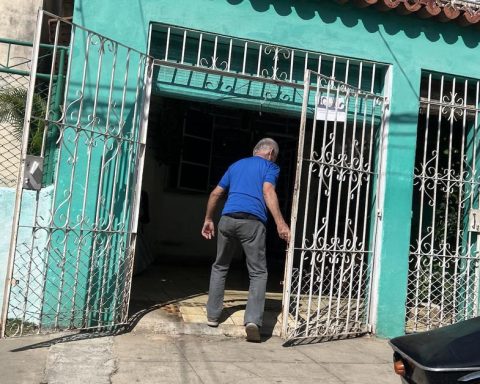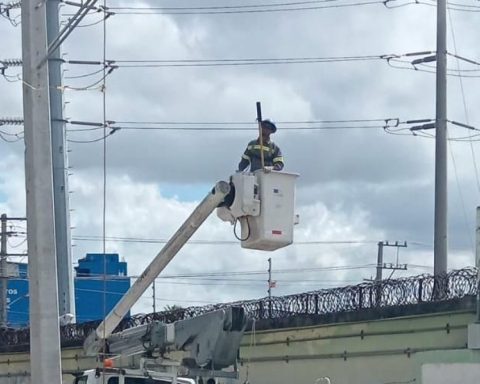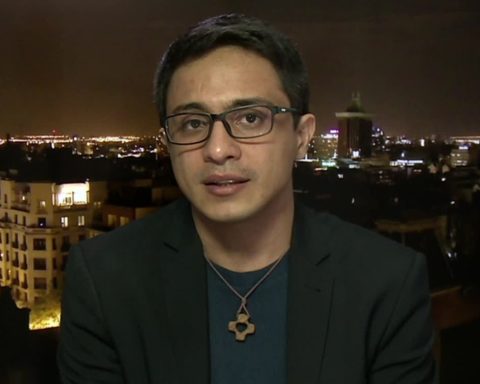Page Seven Digital
page seven will publish this Sunday a special on the 70th anniversary of the National Revolution of 1952. The causes, facts and results of that milestone in the history of Bolivia are analyzed by specialists of the stature of Juan Carlos Salazar, Alfonso Gumucio, Rafael Archondo, Pedro Portugal, Víctor Hugo Chávez, Mario Murillo and Freddy Zárate in a collection dossier.
The occasion warrants it, since the Revolution of 1952 is one of the decisive events in Bolivian history and an international benchmark. The popular insurrection that culminated in the arrival of the Nationalist Revolutionary Movement (MNR) to power, inaugurated a political and institutional process that still affects the destiny of Bolivia.
The journalist Rafael Archondo analyzes Seven Fallacies of the National Revolution in a radiographic about the unsubstantiated claims that survive, driven largely by enemies of movementism.
On the other hand, the lawyer Freddy Zárate dusts off the testimonies of torture in MNR concentration camps that have not yet been clarified in the article The forgotten specters of the 1952 Revolution.
The facts are reported in high-flying chronicles. The journalist Juan Carlos Salazar relives The day that Paz Estenssoro fell, that November 4, 1964, when the Barrientos military coup marked the end of the 12 years of the MNR government.
Alfonso Gumucio recalls in A la Revolución por la plaza anecdotes about Alfonso Gumucio Reyes, his father, one of the men closest to Víctor Paz Estenssoro. During the first governments of the MNR he was president of the Bolivian Development Corporation, ambassador to Uruguay, minister of economy, and ambassador to Spain.
The sociologist Mario Murillo rescues the voices of the anonymous citizens who witnessed the insurrection of April 9 and told it first-hand in his book The bullet does not kill but destiny.
Pedro Portugal addresses The influence of the National Revolution on the birth of Indianism. His analysis covers the role of the original peoples from the founding of the Republic to the present, emphasizing the 52 that catapulted the emergence of Katarismo.
Lawyer Víctor Hugo Chávez points to the Revolution of 1952, the germ of the current mestizo Bolivian nation. In his historical reading, he sees the origins of the insurrection in the Chaco War and emphasizes the triumph of the demobilized army against the forces of the feudal mining thread.
Ask for the dossier tomorrow with the edition of page seven.
